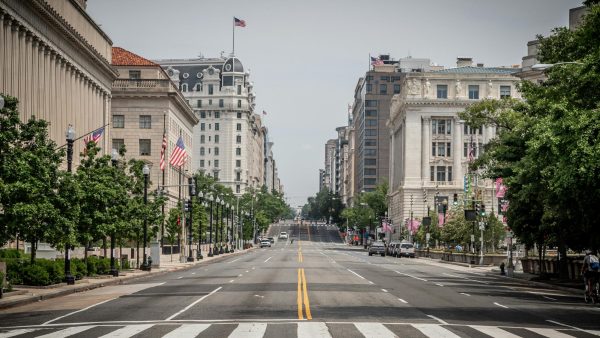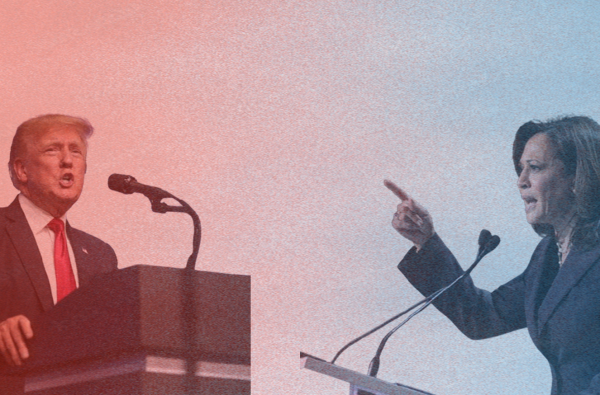Tobacco Age Raise
As this decade has progressed, health consciousness has become more common, with more and more people becoming aware of the consequences of living an unhealthy lifestyle. However, old habits die hard, especially if said habits are addictive. One of these habits is smoking, whose addictive nature is only matched by how much it can damage a person’s body. Many efforts have been made to decrease the commonality of smoking, with the most recent being the raising of the tobacco the minimum legal sales age for tobacco products to twenty-one years of age. As of May 1, 2019, twelve states – Arkansas, California, Delaware, Illinois, New Jersey, Massachusetts, Oregon, Hawaii, Maine, Utah, Washington, and Virginia– have raised the tobacco sale age to 21. For those who support and oppose this change, they would probably agree this recent change would leave a large impact of the lives of many.
Those who support this law state a large portion of those who smoke tobacco start at a young age, specifically before becoming twenty-one. By raising the legal age, they hope not only to decrease the number of smokers, but they also wish to prevent adolescents and young adults from suffering from brain development damage. Furthermore, there is the possibility this age raise could prevent younger individuals from having tobacco products readily available to them since they won’t be able to buy it until they’re older; but there is always the possibility one can obtain these products through different means. It has been noted that ever since alcohol sales age has been increased, the number of alcoholics has decreased. Despite these predictions that the number of smokers will similarity decrease just like the number of alcoholics, in the end, there will be those who smoke as everyone becomes twenty-one sooner or later. Although the results of this age increase for tobacco are promising, it should be remembered it will only decrease the smoking population, not get rid of it entirely.

Hello there, I'm Andres and I'm a Staff Writer in the Oakton Outlook. The reason I became a Staff Writer in the Oakton Outlook is because I would like...






